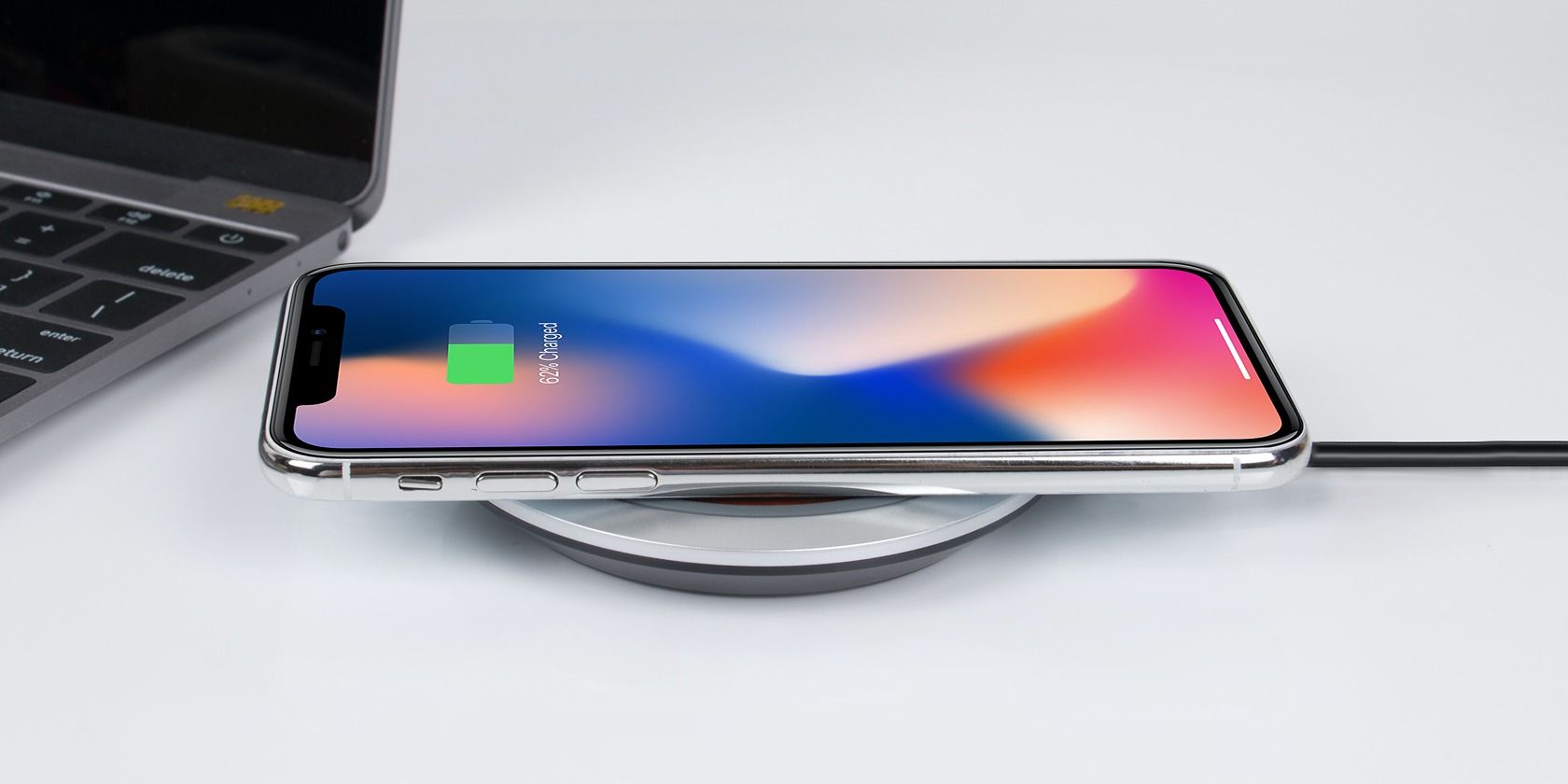
How Apple Protects User AI Data on Cloud Platforms: The Significance Explained

Ensuring Security: Exploring How Apple Protects Your AI Data on the Cloud - Insights for Tech Enthusiasts

Jason Hiner/ZDNET
On the heels of Microsoft’s debacle with its Copilot+ PC -- the AI’s “Recall” feature has been lambasted as a massive security violation in artificial intelligence – Apple on Monday used its annual developer conference, WWDC , to promise “groundbreaking” privacy protections in AI.
Also: Everything Apple announced at WWDC 2024, including iOS 18, Siri, AI, and more
In conjunction with a broad artificial intelligence offering across MacOS “Sequoia ,” iPadOS 18 and iOS 18 , called “Apple Intelligence ,” Apple’s head of software engineering, Craig Federighi, announced the company will run some AI models on-device, but also run some in a secure cloud computing environment when they require extra horsepower.
Called “Private Cloud Compute,” the service “allows Apple intelligence to flex and scale its computational capacity and draw on even larger server-based models for more complex requests while protecting your privacy,” said Federighi.
Newsletters
ZDNET Tech Today
ZDNET’s Tech Today newsletter is a daily briefing of the newest, most talked about stories, five days a week.
Subscribe
The servers underlying Private Cloud Compute are “servers we’ve especially created using Apple silicon,” said Federighi, confirming rumors last month that Apple would use its own custom silicon in place of Intel and AMD chips that typically power data center servers.
The servers and their chips “offer the privacy and security of your iPhone from the silicon on up, draw on the security properties of the Swift programming language, and run software with transparency built in,” said Federighi.
Also: Forget LastPass: Apple unveils ‘Passwords’ manager app at WWDC 2024
“When you make a request, Apple Intelligence analyzes whether it can be processed on device,” he explained. “If it needs greater computational capacity, it can draw on private cloud compute and send only the data that’s relevant to your task.”
Apple emphasized that user data will not be gathered by the company, in contrast to the general AI industry practice of using individuals’ and companies’ data for training AI models . “Your data is never stored or made accessible to Apple,” said Federighi.
The company also announced a partnership with OpenAI to integrate ChatGPT into Siri.
Screenshot by Nina Raemont
Federighi emphasized outside scrutiny of the Private Cloud Compute servers by security experts, stating, “And just like your iPhone, independent experts can inspect the code that runs on these servers to verify this privacy promise. In fact, private cloud compute cryptographically ensures your iPhone, iPad, and Mac will refuse to talk to a server unless its software has been publicly logged for inspection.”
Federighi did not go into detail about how the Private Cloud Compute servers will be inspected or audited by security researchers.
Also: AI advancements in medicine and education lead ZDNET’s Innovation Index
Said Federighi, “This sets a brand new standard for privacy and AI and unlocks intelligence you can trust.”
Apple also announced during the keynote that it is partnering with OpenAI to offer free use of ChatGPT , with GPT-4o, on its devices. The company emphasized that any use of ChatGPT will first ask the Apple device user’s permission.
“Your requests and information will not be logged,” said an Apple spokesperson in the recorded video of the keynote, adding, “Of course, you’re in control over when ChatGPT is used and will be asked before any of your information is shared.”
Apple
Every iPhone model that will be updated to Apple’s iOS 18 (and which ones can’t)
M3 MacBook Air vs. M2 MacBook Air: Which Apple laptop should you buy?
Why you shouldn’t buy the iPhone 16 for Apple Intelligence
I uncovered 8 cool ways to use LiDAR on an iPhone and iPad
- Every iPhone model that will be updated to Apple’s iOS 18 (and which ones can’t)
- M3 MacBook Air vs. M2 MacBook Air: Which Apple laptop should you buy?
- Why you shouldn’t buy the iPhone 16 for Apple Intelligence
- I uncovered 8 cool ways to use LiDAR on an iPhone and iPad
Also read:
- [New] Advanced Techniques for Using the Instagram Sticker Question Mark for 2024
- [New] Android's Ultimate Fix for Frustratingly Slow Vids
- [Updated] 2024 Approved Upgrade Your WhatsApp Experience with a Bespokel Ringtones Design
- 2024 Approved An Inside Look at Magix VPX's Advanced Techniques
- Cookiebot-Driven Automation: Enhance Your Website's Performance
- Easy Tricks to Master Image Reverse Searches on Your Android Phone!
- Enhanced Conversion Rates via Cutting-Edge Cookiebot Analytics Tools
- Enhanced User Experience with Advanced Cookiebot Technology
- Enhancing Driver Safety & Productivity: Learn About Mobile GPS Tools, In-Car Task Management, and Avoiding Distractions on the Road | Tips From ABBYY Experts
- Enhancing Medical Efficiency: Streamlining Referrals and Boosting Patient Outcomes
- Establishing Strong Roots: Key Steps Towards Achieving Innovative Change in AP Operations
- Full Guide to Hard Reset Your Tecno Pop 8 | Dr.fone
- Harness the Power of Cookiebot for Optimized Website Traffic
- Healthcare Organizations Trust ABBYY's Powerful OCR Technology for Automated Classification of Critical Documents - Latest Update From ABBYY Newsroom
- How PSA Security's Transition to Paperless AP Revolutionizes Corporate Efficiency
- In 2024, Circulation Crafting Kit
- In 2024, How To Leave a Life360 Group On Nubia Red Magic 9 Pro+ Without Anyone Knowing? | Dr.fone
- Leveraging ABBYY's Power: Streamlining Eucon Workflows with Smart OCR Solutions
- Simplifying Cross-Device Sharing: Mastering the Use of Google Quick Share for Windows and Android Integration - Digital Guide
- Title: How Apple Protects User AI Data on Cloud Platforms: The Significance Explained
- Author: Donald
- Created at : 2024-10-11 22:19:13
- Updated at : 2024-10-15 05:50:02
- Link: https://some-tips.techidaily.com/how-apple-protects-user-ai-data-on-cloud-platforms-the-significance-explained/
- License: This work is licensed under CC BY-NC-SA 4.0.